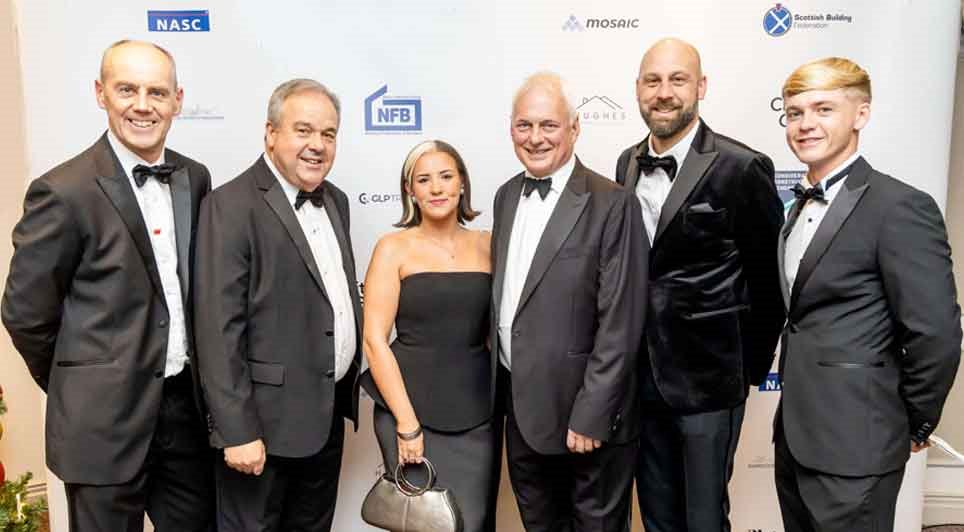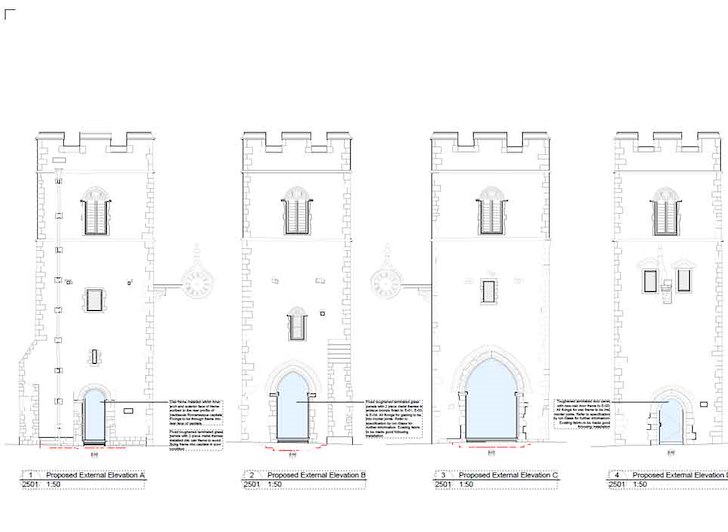Construction union UCATT are demanding immediate Government action to outlaw blacklisting, after an investigation undertaken by the Information Commissioner revealed that the practice is endemic in the construction industry and that the vast majority of the major companies are involved in the practice.
Alan Ritchie, General Secretary of UCATT, said: "UCATT members know from bitter experience of being refused work that blacklisting exists in construction. However the extent of the practice and the fact that most of the major companies in construction are involved in the practice is truly shocking. It is outrageous that construction workers have been barred from jobs simply for being trade unionists."
UCATT understands that the company involved in the blacklisting, the Consulting Association, is run by an individual formerly employed by the Economic League, the company involved in most of the blacklisting in the 1970’s and 1980’s.
The revelation of widespread blacklisting has huge implications for construction safety. Many UCATT members and safety representatives have been victimised and dismissed after complaining and whistle blowing about dangerous sites. Construction is the most dangerous industry in Britain, last year there were 72 deaths on construction sites the previous year the figure was 79.
Mr Ritchie, added: "UCATT members have been working to reduce deaths and injuries on sites and trying to working with companies to achieve these aims. We now know that those same companies have connived to dismiss them and block their future employment."
The Government had initially intended to make blacklisting illegal as part of the 1999 Employment Relations Act but the regulations where never introduced on the grounds that the Government believed that blacklisting no longer existed.
Mr Ritchie, further added: "Blacklisting remains rampant in the 21st century. We will be writing to the Government immediately demanding that they bring forward the existing regulations and introduce them into law immediately. It is the only way to protect the rights of trade union members."
(CD/JM)
 UK
UK Ireland
Ireland Scotland
Scotland London
London

.gif)




















